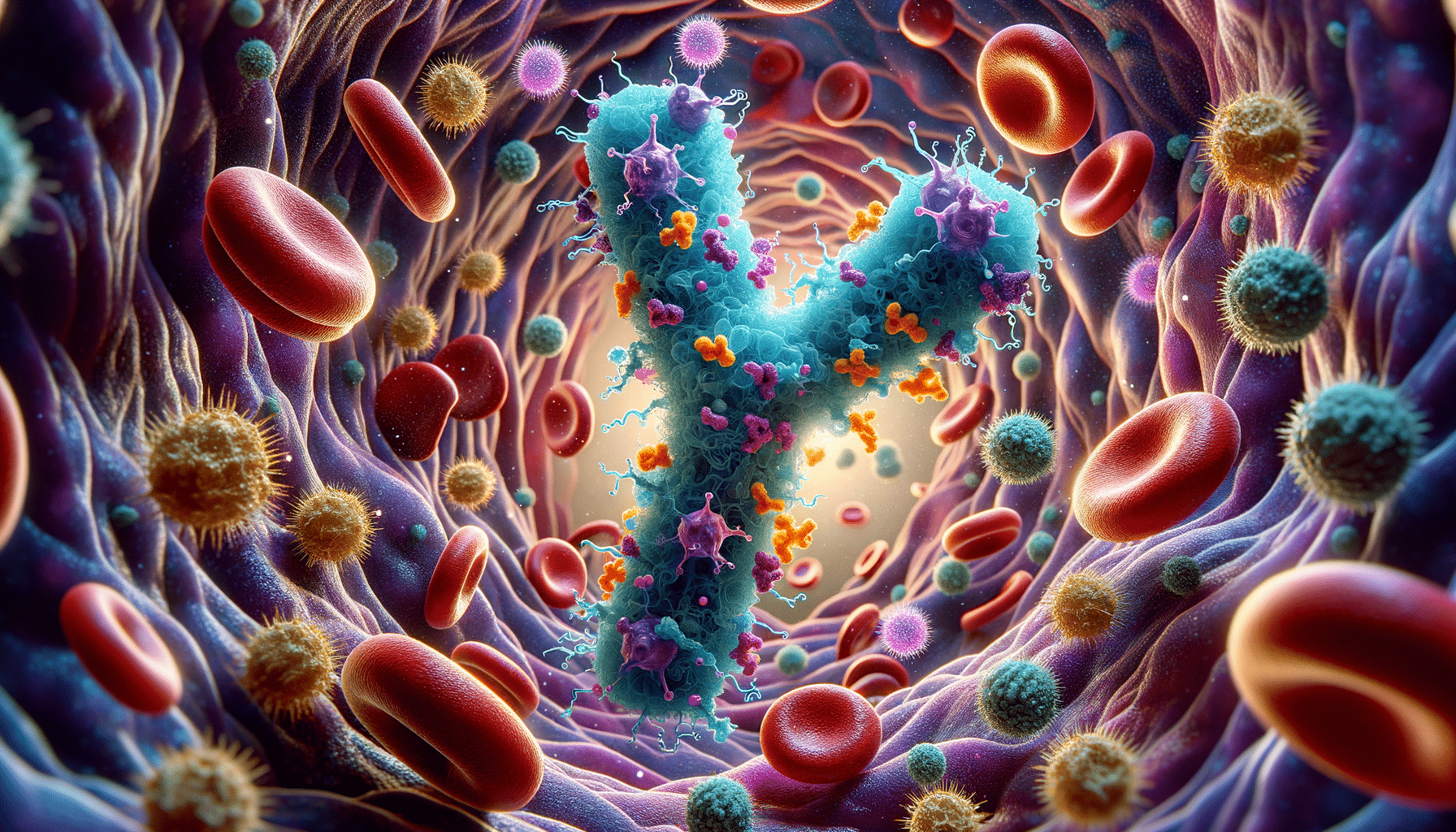
Understand how Monoclonal Antibodies impact your well-being
Introduction to Monoclonal Antibodies
Monoclonal antibodies have emerged as a significant breakthrough in modern medicine, offering new avenues for treating a variety of diseases. These laboratory-produced molecules are engineered to serve as substitute antibodies that can restore, enhance, or mimic the immune system’s attack on harmful cells. The importance of monoclonal antibodies lies in their specificity and ability to target specific antigens, making them a powerful tool in personalized medicine. This article explores the diverse applications, production processes, and future potential of monoclonal antibodies.
The Science Behind Monoclonal Antibodies
Monoclonal antibodies are identical immune cells that are all clones of a unique parent cell. They are designed to bind to specific proteins, and their development involves creating antibodies that target a particular antigen. The process begins with the immunization of animals, usually mice, with an antigen that is of interest. Once the immune system responds, the antibody-producing cells are harvested and fused with myeloma cells to create hybridomas. These hybridomas are screened to identify those producing the desired antibody, which can then be cloned to produce large quantities.
Monoclonal antibodies work by recognizing and binding to specific proteins on the surface of cells. This binding can neutralize the target, trigger an immune response, or deliver cytotoxic agents directly to cancer cells. Their precise targeting capability reduces the likelihood of side effects, making them a preferred choice in therapeutic applications. The specificity and versatility of monoclonal antibodies make them a cornerstone in the development of targeted therapies for diseases such as cancer, autoimmune disorders, and infectious diseases.
Applications in Disease Treatment
The application of monoclonal antibodies spans a wide range of medical conditions. In oncology, they are used to target specific cancer cell antigens, interfering with cancer cell growth and survival. For instance, monoclonal antibodies can block growth factor receptors on cancer cells, preventing them from receiving signals that promote proliferation. This targeted approach not only enhances treatment efficacy but also minimizes damage to healthy cells.
Beyond cancer, monoclonal antibodies are employed in treating autoimmune diseases such as rheumatoid arthritis and multiple sclerosis. By targeting and neutralizing specific inflammatory mediators, these antibodies help reduce inflammation and tissue damage. In infectious diseases, monoclonal antibodies can neutralize pathogens directly or enhance the immune response against them, offering an alternative to traditional antibiotics and antivirals.
Production and Challenges
The production of monoclonal antibodies involves several intricate steps, including cell culture, purification, and quality control. The complexity of these processes poses significant challenges in terms of cost and scalability. Large-scale production requires sophisticated bioreactors and stringent regulatory compliance to ensure the safety and efficacy of the final product.
Another challenge is the potential for immunogenicity, where the human immune system recognizes the therapeutic antibodies as foreign and mounts an immune response against them. To mitigate this, advances in genetic engineering have led to the development of humanized or fully human monoclonal antibodies, reducing the risk of adverse immune reactions.
Despite these challenges, ongoing research and technological advancements continue to improve the production efficiency and therapeutic potential of monoclonal antibodies, making them more accessible to patients worldwide.
The Future of Monoclonal Antibodies
The future of monoclonal antibodies is promising, with ongoing research exploring new therapeutic targets and applications. Innovations in biotechnology are paving the way for the development of bispecific antibodies, which can bind to two different antigens simultaneously, offering enhanced therapeutic efficacy.
Additionally, monoclonal antibodies are being integrated into combination therapies, where they are used alongside other treatments to enhance overall outcomes. For example, combining monoclonal antibodies with chemotherapy or immunotherapy can provide synergistic effects, improving patient survival rates.
As personalized medicine continues to evolve, monoclonal antibodies will play a pivotal role in delivering tailored therapies that address individual patient needs. The continued exploration of their potential in various disease areas holds the promise of transforming healthcare and improving patient outcomes.


